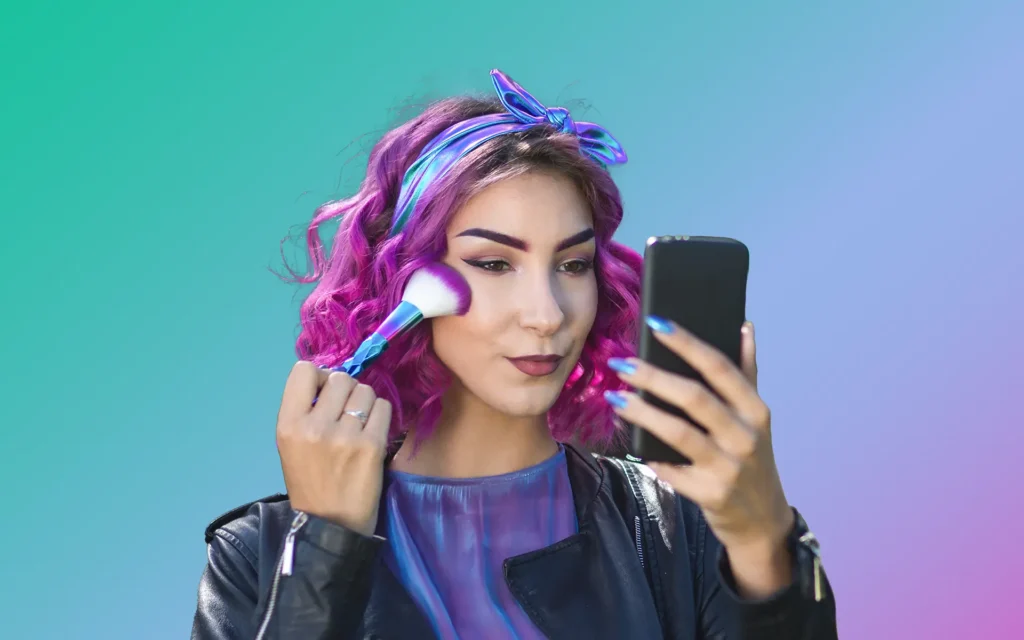FDA Changes Are Reshaping the $1.1T Wellness Market—Smart Brands Are Turning Complexity Into Consumer Confidence
Regulatory complexity isn’t a barrier; it’s a trust-building advantage. Smart brands turn FDA changes into confident consumer connections.
What if the biggest disruption to the wellness industry isn’t a superfood or exercise trend—but a regulatory evolution that’s fundamentally transforming consumer relationships with brands?
The FDA’s sweeping 2024-2025 changes—from the Human Foods Program overhaul to stricter ingredient disclosures—are transforming how Americans shop for wellness products. Beneath this transparency lies a fascinating paradox: today’s consumers are no longer following Instagram trends blindly; they’re asking, “What does the science say?” This shift towards evidence-based decision-making is transforming a $1.1 trillion market where, according to recent Advantage Solutions research, 93% of American consumers are actively pursuing healthier lifestyles.
The resulting tension creates unprecedented opportunity: consumers demand transparency yet feel less confident amid more information. While a whopping 86% hesitate to share their health data, 50% still welcome personalized recommendations from brands they trust. Smart companies are catching on—viewing regulatory shifts not as hurdles, but as tools to build trust. By delivering evidence-backed personalization that safeguards privacy, they’re turning compliance into confidence, the most valuable currency in today’s wellness economy.
Key Trends + FDA Changes = Marketing Opportunity
Consumer wellness trends and FDA regulations are creating unprecedented marketing potential for brands that understand their intersection.
Biohacking Meets Regulation: Consumers with Oura rings track their sleep and monitor their stress with wearables, yet still question whether supplements meet regulatory standards. Opportunity: Position your brand as the trusted translator, connecting personal health data to compliant, science-backed products with a “Biohack with Confidence” message. This trust is essential: while 65% of consumers rely on healthcare professionals for health information, 40% also turn to social media, highlighting the need for credible, digestible guidance.
Gut Health Embraces Standards: 43% of consumers prioritize gut health as their top wellness concern¹ with 38% taking probiotic/prebiotic supplements¹ while the FDA reviews 21 food chemicals, including several that can impact digestive health.³ Opportunity: Create state-specific educational content showing which ingredients deliver results while meeting regulatory requirements.
Mental Wellness Navigates Claims: With 73% of consumers using exercise to manage stress and 36% practicing meditation, breathwork and vagus nerve stimulation are surging alongside stricter FDA stance. Opportunity: Showcase experiences and let customer testimonials carry effectiveness messaging.
GLP-1 Finds Compliant Partners: Wegovy users need supplement guidance without explicit interaction claims. Opportunity: Develop “GLP-1 compatible” positioning similar to “keto friendly” labeling.
Longevity Verification Emerges: With 78% of consumers taking supplements for “general health and wellness” rather than specific concerns, preventative health grows while GRAS system scrutiny increases. Opportunity: Create “longevity-verified” credentials that exceed minimum requirements.
Privacy-Forward Personalization: Although only 14% of consumers currently share their health data, personalization continues to drive engagement and loyalty. Opportunity: Empower consumers with transparency and choice, letting them control which data informs their wellness recommendations to build trust through consent.
Omnichannel Standards Build Trust: Consumer shopping spans multiple channels, with 72% purchasing at mass retailers, 40% at drug stores, and 18% shopping online¹—highlighting the need for comprehensive omnichannel regulatory storytelling. Ecommerce grew 6.4%⁵ while 74% buy based on trusted recommendations.⁶ Opportunity: Create unified compliance storytelling across digital (deep information), in-store (immediate reassurance), and social (peer verification) that maintains consistent regulatory messaging across all retail touchpoints.
Practical Nudgenomics™ for the FDA Era
Nudgenomics™—the intersection of behavioral science and shopper psychology— helps brands turn regulatory complexity into a competitive edge. By deploying smart nudges, brands can build trust, reduce friction, and drive informed action.
Social Proof at Decision Points: Given that 53% of consumers say they get health information from friends and family/peers, place customer “compliance testimonials” precisely where 69% of consumers pause for additional research, showing real people discussing both safety confidence and results.
Simplification Tools: Combat regulatory decision fatigue with visual ingredient translators and interactive guides. Brands using these tools see 28% higher conversion in regulated categories.
Authority Bias Activation: With 65% of consumers looking to healthcare professionals for health information,¹ brands can leverage this natural deference to authority by incorporating credible medical or regulatory experts in messaging around compliance. Prominent “FDA aligned” or “physician reviewed” credentials can transform regulatory adherence into a premium positioning signal that reduces decision anxiety.’
Compliance-Enhanced Trends: Connect regulations to trending behaviors, like magnesium for sleep (up 44% in discussions). Position compliance as enhancing effectiveness rather than restricting choices.
These examples of nudges are opportunistic to convert regulations from constraints into advantages that build confidence and drive loyalty.
The New Reality: Complexity as Competitive Advantage
The wellness industry challenge is simple: build consumer confidence amid shifting regulatory ground. Every FDA mandate is a trust-building opportunity. The brands that transform confusion into clarity will capture loyalty in the $1.1 trillion wellness market.
Regulatory complexity isn’t going away. The real question is whether your brand offers solutions or adds to confusion. The winners won’t see requirements as hurdles but as highways to deeper consumer connections—helping people feel informed and confident even as rules evolve.
Ready to take your brand’s commerce practice to the next level? Let’s talk.




